Nikita Gill Is Reimagining Fairytales as Empowering Messages for Adult Women
Read an exclusive excerpt from the author's newest book, 'Fierce Fairytales,' here.
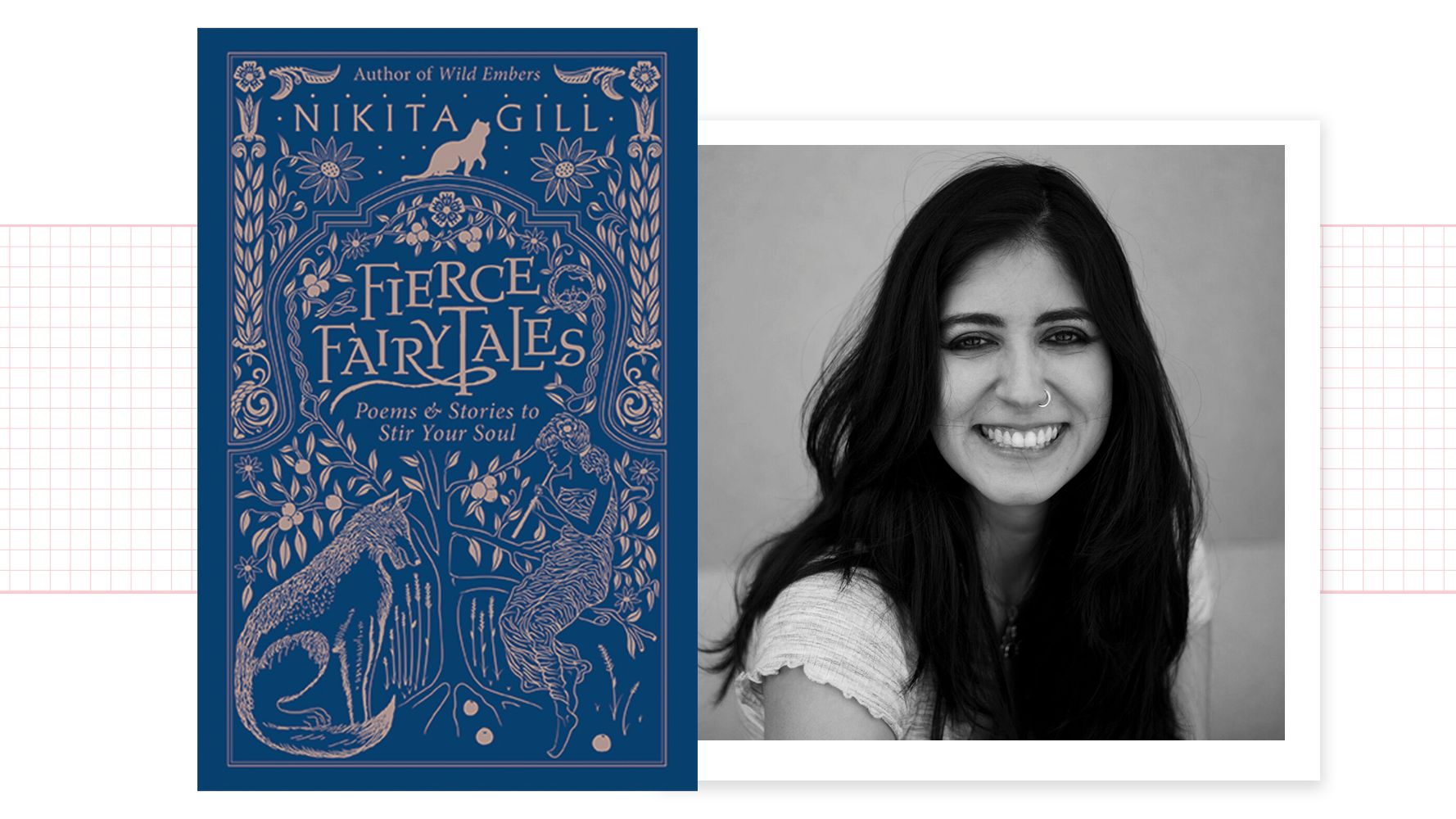
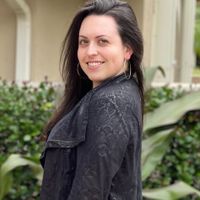
Cinderella's stepsisters don't even go by their names, they're just "ugly." Physical attractiveness is also a central tenant of Beauty and the Beast (hence, the title). And Princess Aurora in Sleeping Beauty is hardly even a fully fleshed character with human traits—her presence quickly fades into the background, while the plot focuses on the idea that only the power of a man can save a woman. Growing up watching and reading these stories, we don't question what we see; we're taught that these women are the feminine ideal, that their endings are happy ones we should aspire to in our own lives. Nikita Gill wants you to question everything.
Gill, known for her strikingly relatable work and one of the most celebrated poets of this generation, is set to release her newest book, Fierce Fairytales—a collection of poems and stories that looks at classic fairytales under the microscope of 2018, exploring their darker sides. The book challenges gender stereotypes, clichés, and the patriarchy. Belle? She actually had anxiety, which helped her realize her father was in danger. Rapunzel? Nobody who loves you would use parts of your body (like your hair) strictly for their advantage.
MarieClaire.com spoke to Gill about her "most difficult piece of work yet," debuting an exclusive excerpt from the collection, here.
Marie Claire: What inspired you to take a modern approach to classic fairytales?
Nikita Gill: The fairytales that I’ve been raised on were the Disney ones. I realized that they just weren’t good enough. If you look back at older fairytales, a majority of them are written by men, like the Grimm brothers. They’re littered with misogyny—women are only considered perfect if they’re passive. If you look at Sleeping Beauty and Snow White, there are loads of issues with consent. All of them made me go, I don’t know if can read these to my future kid or my niece. They offer a flawed perspective on how men should act as well.
MC: When was the moment you were like, I need to reevaluate what I’ve learned my entire life?
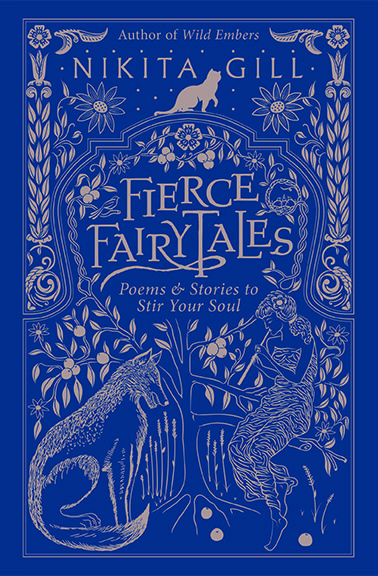
Amazon, $11
NG: The Jack and the Beanstalk story. We totally gloss over the fact that his mom beats him—she’s abusive, and people just keep reading on. The whole story is a bit messed up, but I really wanted to address the abuse aspect. We often don't talk about a female abuser towards her son—or when boys get beaten by their parents in general. It doesn’t matter what gender the adult is and it certainly doesn’t matter what gender the child is. In the story, I address the role of the abusive parent and why the other parent lets their partner get away with the abuse.
Get exclusive access to fashion and beauty trends, hot-off-the-press celebrity news, and more.
There are nuances in this book I wanted to confront without getting too caught up in the nuances themselves. The whole book is about asking questions, and it’s up to the reader to decide what they make of those questions. Would they then choose to read these kinds of stories that they’ve been reading their whole lives to their own children?
MC: How did you begin to pick apart these fairytales—especially when society has trained us to believe in them?
NG: Originally the book was about 300 pages long, but I yanked a bunch of the stories out. When I was reading all of them again, for example in Cinderella, I was like, I wonder what the stepmother’s story is? What would Cinderella’s mom say to her? Why was it stressed that the stepsisters were ugly? It was reading the stories and asking myself the questions, writing them down, and then the stories evolved. Growing up, Belle from Beauty and the Beast was my favorite heroine. The only thing that bothered me is how they fixated on her beauty. She has a million other attributes—like how she’s a reader in a time where women weren't even educated—she’s extremely brave, she follows her heart. It’s interesting because she doesn’t see the beast’s ugliness, but her beauty is the aspect that's most focused on.
"If you don’t question, you end up with political situations like the one we’re in right now."
MC: How does this collection compare to your other books, Your Soul Is a River and Wild Embers?
NG: I consider my books my children. Your Soul Is a River was my baby, Wild Embers was my fire child. This book was the hardest one to write. I really wanted it to be the best book I’ve written, and show my readers that I can emulate different kinds of writing styles, which is why it’s a collection of poems and stories. It also includes original, hand-drawn illustrations by me. I’ve always drawn and painted—I completed my degree in communication design, and illustration was a part of that. The next book I’m writing will be a collection of short stories with no poetry at all.
MC: What’s the most important message you want people to take away from this book?
NG: Question everything—question the stories you’re told, question the things you’re reading. It’s almost treated like it’s a bad thing these days, but critical thinking is so important. If you don’t question, you end up with political situations like the one we’re in right now.
People are going to either love or hate the collection. They might be like, What have you done to my favorite fairytales? I’m hoping people will love it, but I do understand that people will want fairytales to remain as they are. However, when something is very mainstream, you need to ask questions and encourage your children to ask questions.
MC: Imagine if women reinvented all of these stories on screen for the next generation.
NG: I know! Let’s get a bunch of female directors on board and do all of them over. It would be so good. I have a serious problem with the way the fairytales have romanticized real people. There's a reason why I didn’t include Mulan and Pocahontas' stories in the book—it's because they’re real people. I think [Disney] tried quite hard with Mulan to stick to the real story, but Pocahontas…don’t get me started. There’s nothing romantic about that story. She was stolen from her family and abused. We focus too much on love in all of these fairytales—she needs a man, she needs to find a lover—then that’s the happily ever after. But no, she doesn’t and it's not. We can all use our imaginations and make better fairytales.
Read an exclusive excerpt from Gill's Fierce Fairytales:
Rapunzel, Rapunzel
"Rapunzel, Rapunzel, ask yourself why you let down your hair. Ask yourself would anyone who truly loves you ever allow it to be subject to such wear and tear.
Sometimes the person who raises you from root is not a person you can trust even though every sign around you says you are supposed to. Sometimes the roots start rotting long before the tree notices. Sometimes all it takes is watching a mother bird teaching a baby bird how to fly to remind us what our parents are supposed to do, teach us to fly into the world and learn how to look after ourselves in it too. Not give you away for the sake of selfish love. Not lock you away in a tower and rob you of the freedom of who you are.
Rapunzel, Rapunzel, she began to rethink how and why she really let down her hair.
For Rapunzel it was realizing that no one who truly loved her would use any part of her body, not even her hair, as a ladder. No one who truly loved her would hide her from the whole world in a tower. When toxic love is finally recognized for the painful, deep wound that it is, all of us must do the drastic and the painful to cut away the poison thread that binds you together.
So Rapunzel, Rapunzel, she cut off her own hair, she used it as a rope, climbed down from the tower and ran away to find her own freedom, to make her own fortune, like a bird finally free of her shackles and without so much as looking back.
No one is coming to save you, my love. No prince, no savior, no knight in shining armor. But don’t you worry about a thing. You’ve already got what should save you, hiding inside the marrow inside your own powerful spine, your own bones."
Fierce Fairytales will be released on September 11; you can purchase the book here.
RELATED STORIES
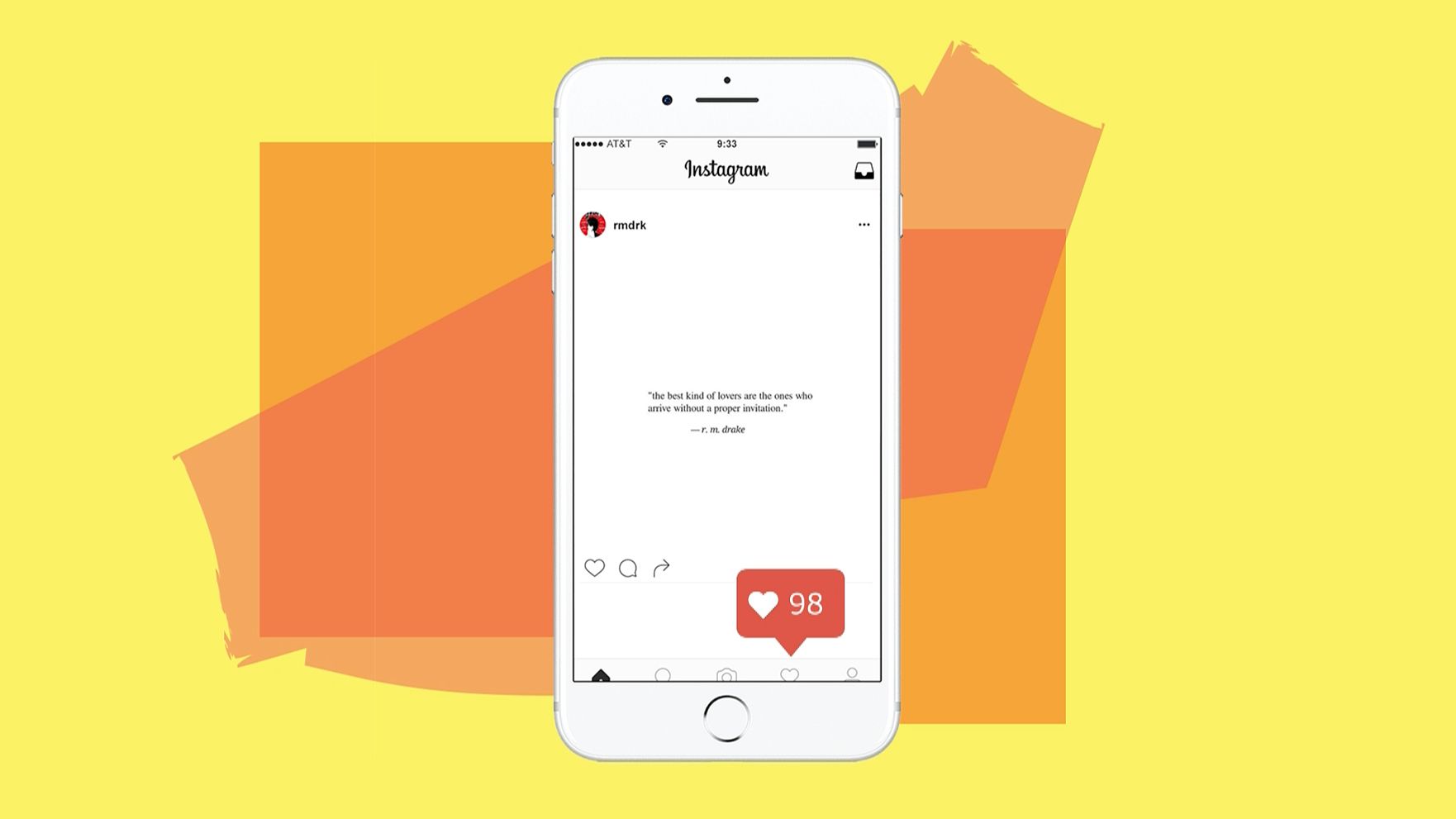
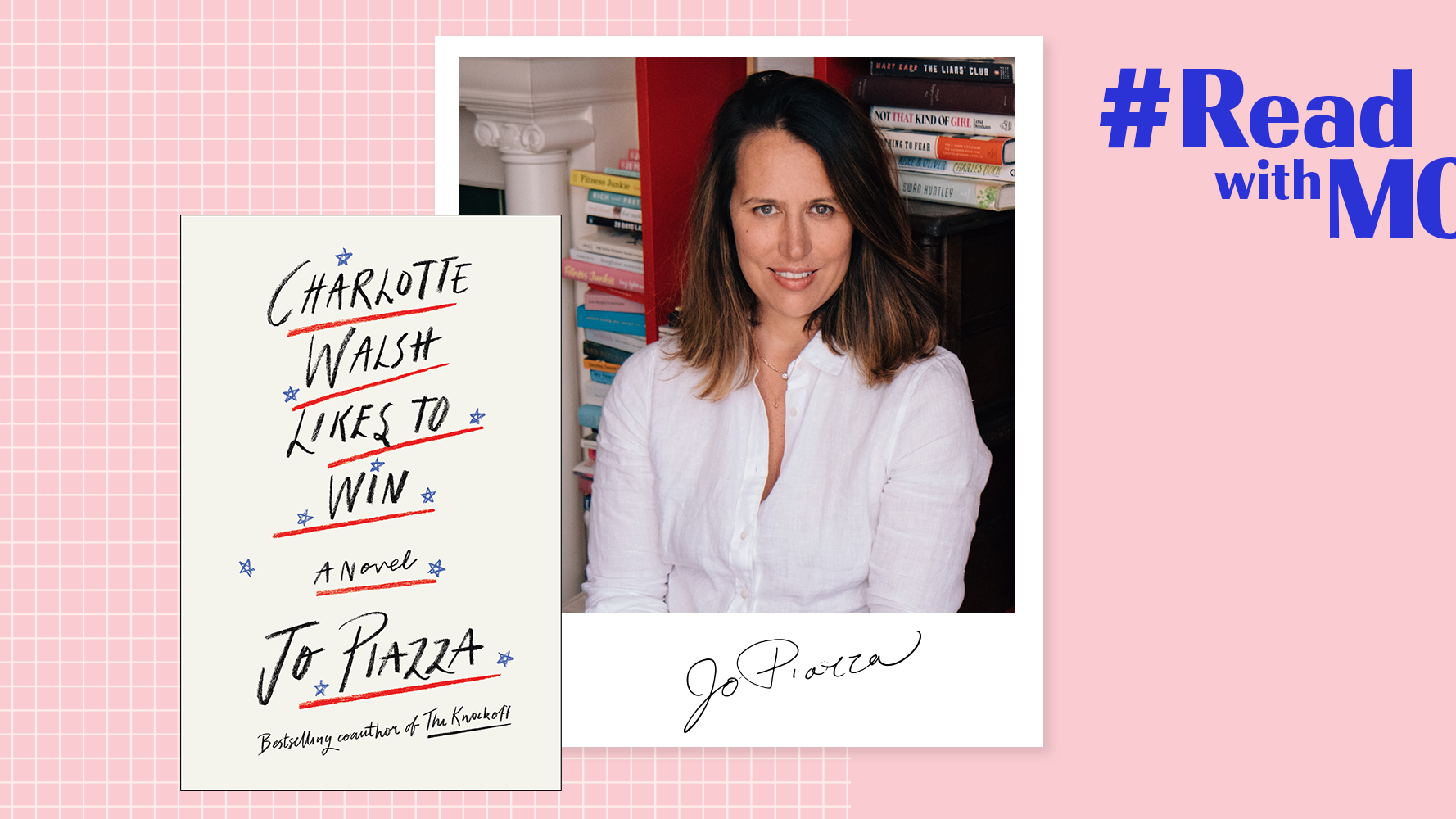
Rachel Epstein is a writer, editor, and content strategist based in New York City. Most recently, she was the Managing Editor at Coveteur, where she oversaw the site’s day-to-day editorial operations. Previously, she was an editor at Marie Claire, where she wrote and edited culture, politics, and lifestyle stories ranging from op-eds to profiles to ambitious packages. She also launched and managed the site’s virtual book club, #ReadWithMC. Offline, she’s likely watching a Heat game or finding a new coffee shop.
